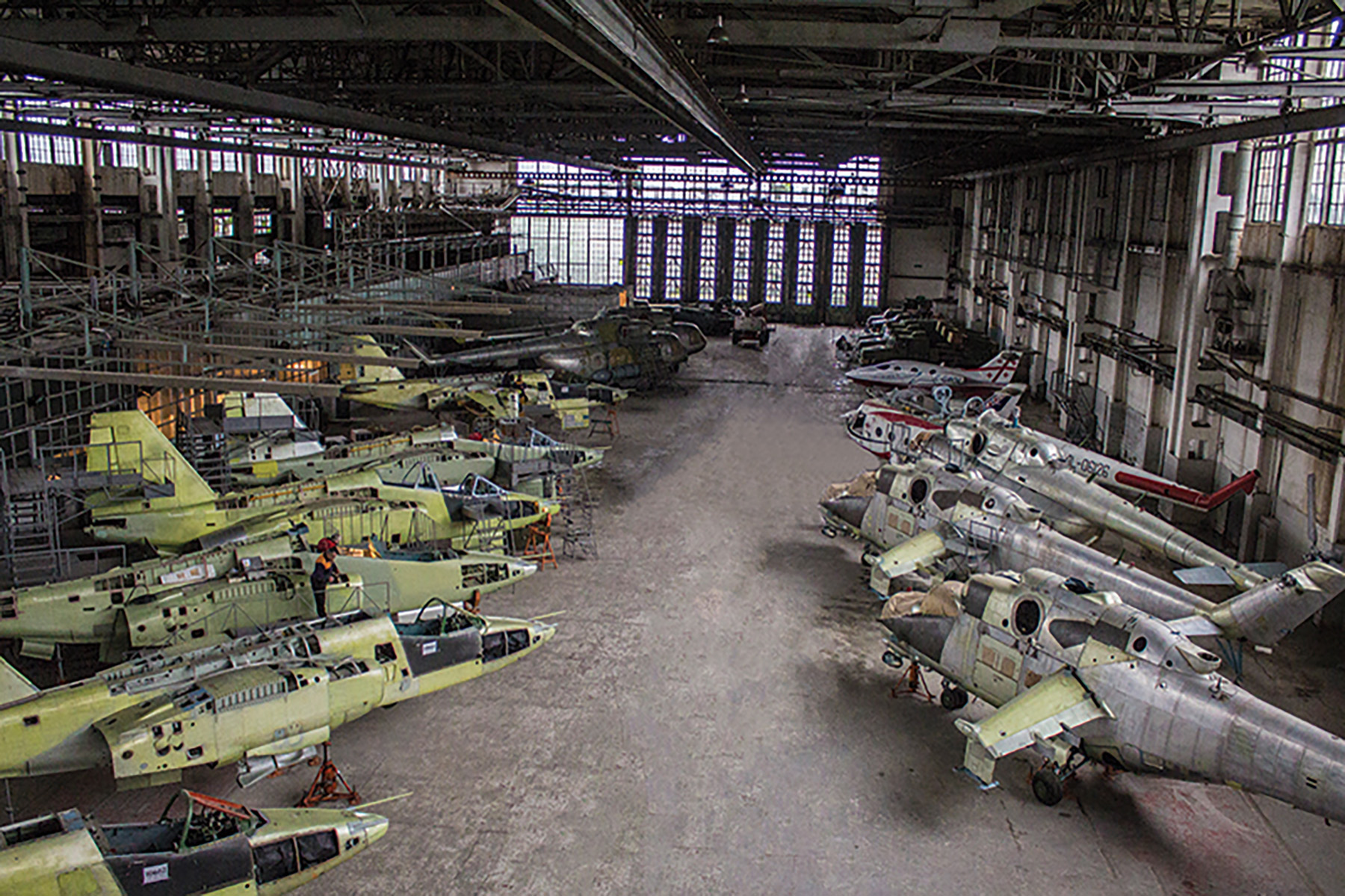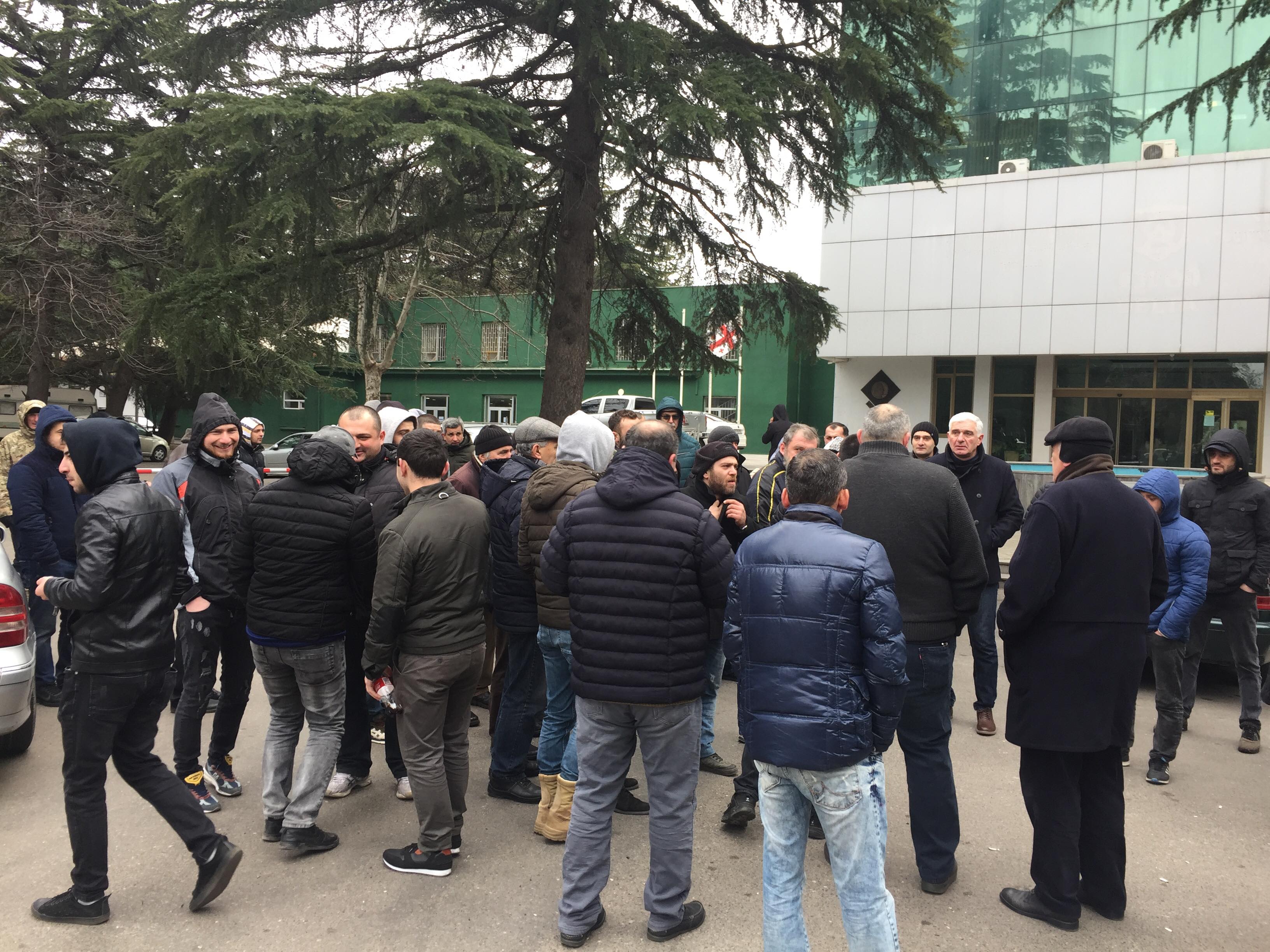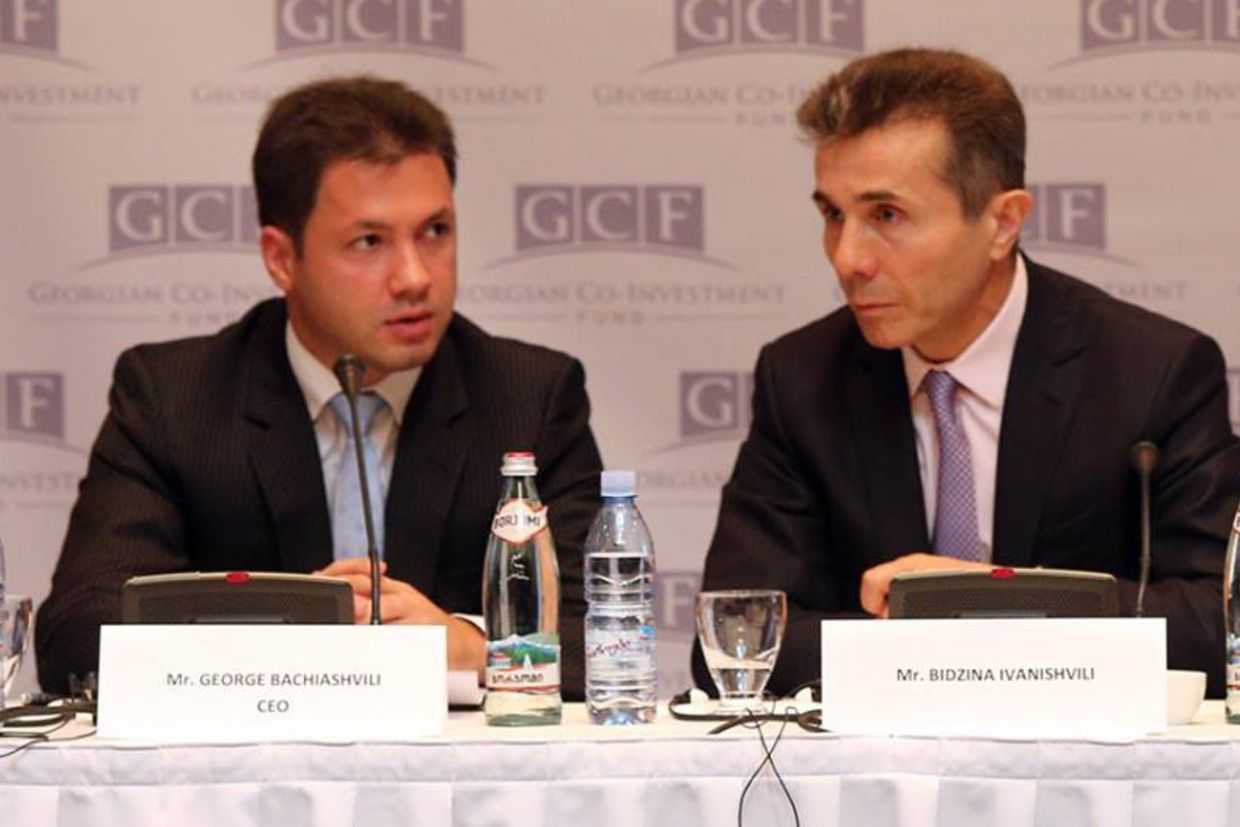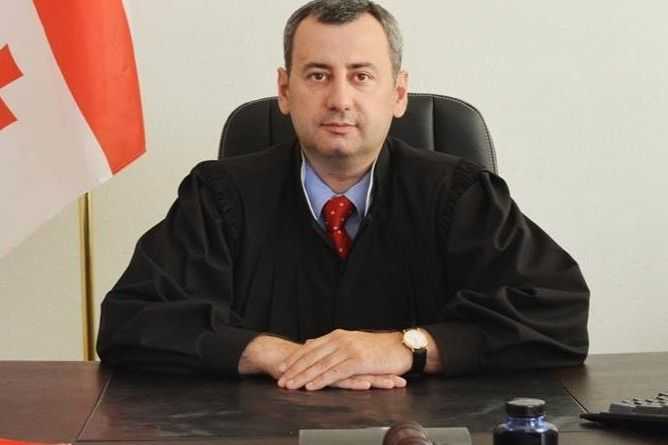

Around 120 workers at an aircraft manufacturing factory in Tbilisi have gone on strike after negotiations with the company’s management failed.
Workers from Tbilisi Aircraft Manufacturing (TAM) were demanding higher salaries, a bonus system, a pension system, a collective contract, and improvement of sanitary and hygienic conditions in the factory.
TAM is a majority state-owned aerospace and weapons company that has operated since 1941.
The strike started early morning on 27 February as around 120 factory workers gathered near the TAM factory. They said the factory’s work would be suspended until their demands for adequate labour conditions were met.

According to the executive director of the factory Irakli Gogiberidze, the factory was continuing to run. He told OC Media that negotiations were ongoing and that an agreement would be reached with the striking employees.
‘Unsuitable working environment’
Giorgi Gedaminski, a part-time worker at the TAM factory, told OC Media that some of the problems workers were demanding the company fix included malfunctioning toilets, a lack of exhaust fans, an absence of heating, and a lack of oxygen tanks. But Gedaminski said that first and foremost, the striking workers were demanding a salary raise.
‘The ₾560 ($210) which [the factory] pays is nothing compared to the amount of work I do at the factory. It’s a high-risk job. If I accidentally drop a spanner and don’t take it out, it may get stuck in the plane’s mechanism and cause a catastrophe. For this, I could spend several years in jail. We demand a minimum of ₾1,000 ($375) [per month]’, Gedaminski said.
He said that the average salary in the factory was ₾700 ($260) per month, adding that the factory could afford to pay ₾1,000.
‘We started working in October on a three-month trial contract. Since then, they’ve prolonged my contract for one year, but they’ve done this by renewing the contract monthly, which means they can fire me at any time without paying compensation. They have never raised salaries. They do not provide opportunities for career advancement’, Gedaminski said.
According to him, a lot of workers at the factory have to work in the cold.
‘In the magnetic laboratory, they only turn the heating on in the morning. The factory is heated only partially — the heating is provided to only those areas where many people work together. […] The workers are basically operating on a cold, concrete surface’, Gedaminski said.
Gedaminski also said that workers were not provided with oxygen masks when they entered fuel tanks, which he said was ‘very damaging for their health’.
Collective contracts
Irakli Petriashvili, head of the Georgian Trade Union Confederation told OC Media that workers were promised that their wages would increase starting in January, but that this did not happen. He said the legally mandated 21-day mediation period had failed to find a compromise.
One of the workers’ demands was for collective contracts, which as Petriashvili explained, would set common rules for all workers regarding healthcare, labour conditions, and overtime pay, among other things, rather than separate contracts for individual employees.
‘This system is governed vertically; therefore, if a worker has demands, they may be asked to leave with individual contracts. This would be prevented under collective contracts’, Petriashvili said.
He also said that an offer from the company to provide a 2% bonus was unacceptable and too small of an increase to be worth consideration.
According to factory director Irakli Gogiberidze, the company is unable to raise salaries for workers because they are not funded by the state. He told OC Media that even though it was co-owned by the government, the factory’s income depended on the number of orders it received.
‘This is a joint stock company. The majority of shares are owned by the state, but I am not a public employee’, Gogiberidze said.









